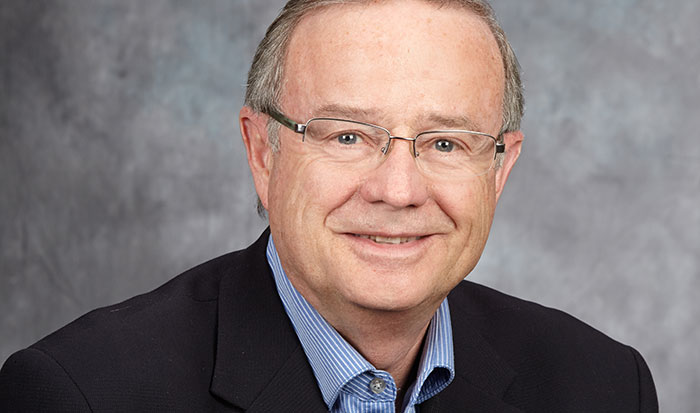Active Vs. Passive Investing
There are very passionate views on both sides of the debate as to whether it is better for individual investors to use active investment managers versus using an index approach, with its main selling feature being lower fees.
Bear in mind the reason why people invest in the first place. Generally, with some exceptions, people invest their savings to provide them with income and growth over time, with the primary objective being to protect their hard- earned savings first and then earn a return.
The debate is not whether investing in stock funds or bond funds can make you rich, but rather if active management can increase your returns over many years to help you meet your retirement and income planning needs when compared to index investing.
The answer, I believe, is yes. Active portfolio managers can provide a basic element to beating the market that the market or broad economy cannot provide and that is “concentration.”
Deceased billionaire Paul Desmarais of Power Corp. said that “to get rich you have to concentrate your investments.” Only active management provides the investment concentration needed to grow most Canadian’s assets.
In past articles, we noted that in order to generate a $50,000 pension, which according to published surveys, is the ideal retirement income that Canadians aspire to, you will need to build investment assets of $1 million earning an average return of 5%.
Given that the average RRSP value across Canada is around $60,000 and that the average liquid savings of the Boomer Generation is reported to be $100,000, Canadians desperately need growth in both their investment returns and savings rates to have a shot at their ideal retirement income and lifestyle. Yet, many of them seek safety in GICs and fixed income because it “feels” safe. Not taking risks is actually risky to your long-term financial health!
When you employ a passive or index approach to investing, you are buying all of the Canadian economy for example, as well as its overall growth. Given today’s sluggish economic growth and pro-spending and pro-tax governments Federally and in the Provinces, can you really expect the returns to even approach 5%? Why buy average?
The only selling point for the passive camp is the lower overall investment management costs. But if you do not or cannot grow your investments over time, faster than inflation, taxes and even the general economy, then how does even a zero cost of executing your investment strategy help you achieve your retirement income needs?
This brings us back to investment concentration, which applies in two ways. The first being that an active manager can limit his portfolio to only the highest quality or fastest growing and most profitable companies, in, say Canada. Research shows that companies whose dividends grow over time, have in turn outperformed the TSX index over the past 30 years.
The second way is to diversify your portfolio across more than one economy and subsets of each economy. Most Canadians have over 50% of their assets in Canada which only represents 2% or so of the global economy. At any given time, some countries are doing better economically than others. Active global mutual fund managers move assets to stay invested in the strongest economies and the strongest individual companies around the World.
Active management can also mute or reduce draw downs in weak markets by switching to defensive assets or sectors. The key point is that it is unlikely that you can achieve your asset accumulation and savings targets only by focussing on investment costs. While fees do matter, they are like the icing on the cake. But they are not the cake!
Call us today to review the many investment options and approaches that can be used to assist you in achieving your lifestyle and retirement goals!
Also, visit our business website myfinancialsolutions.ca for additional financial information on insurance, retirement/estate planning, investments and a whole host of other financial topics.


























